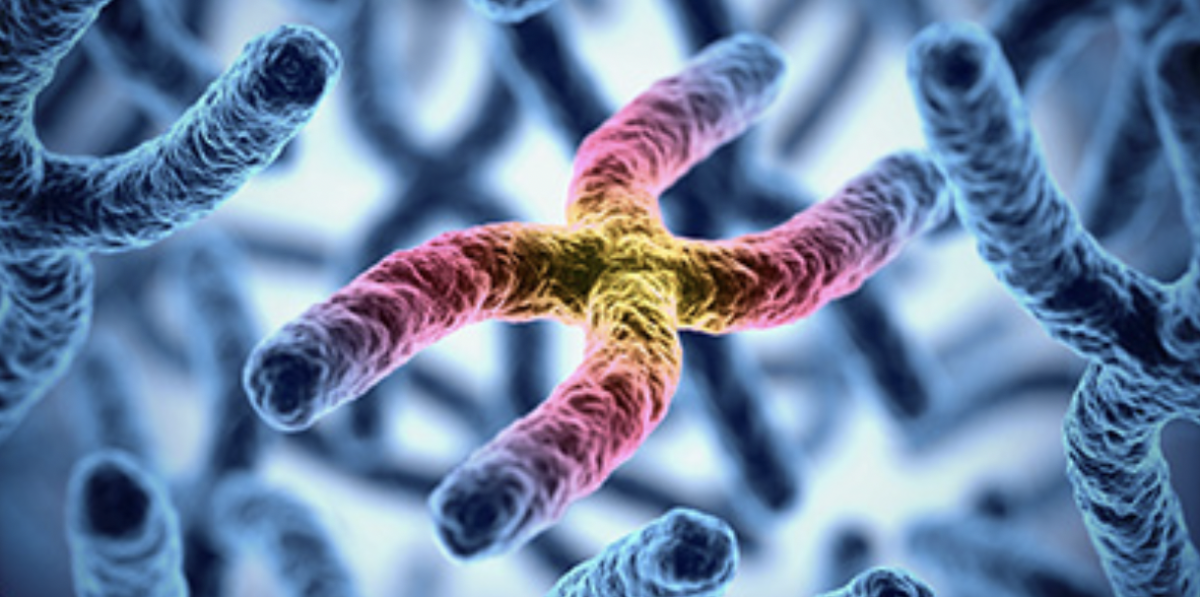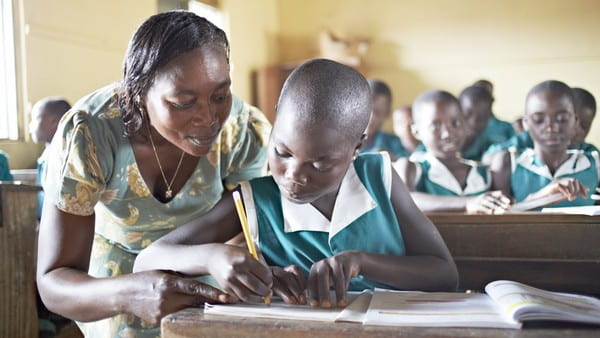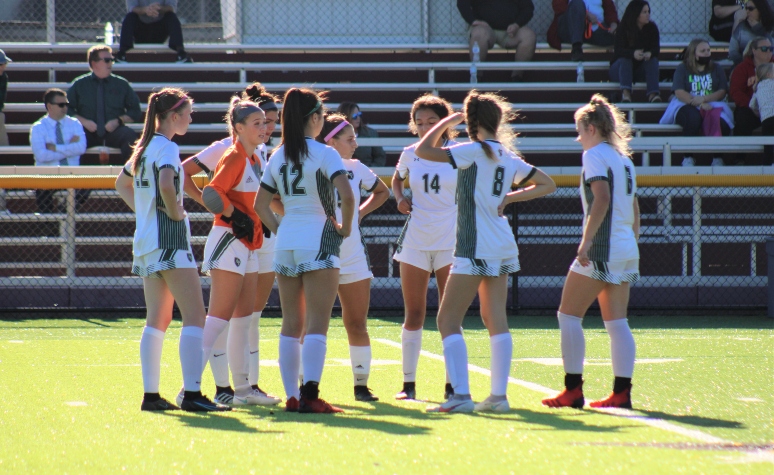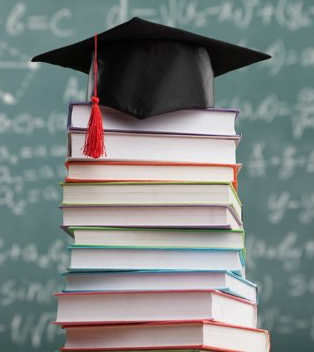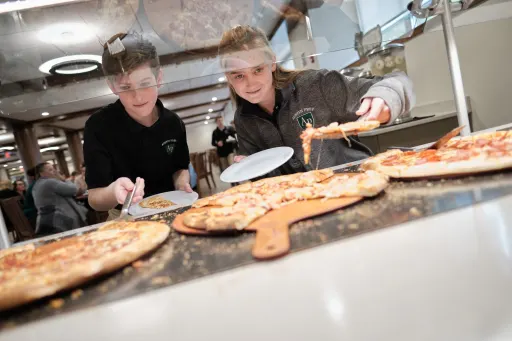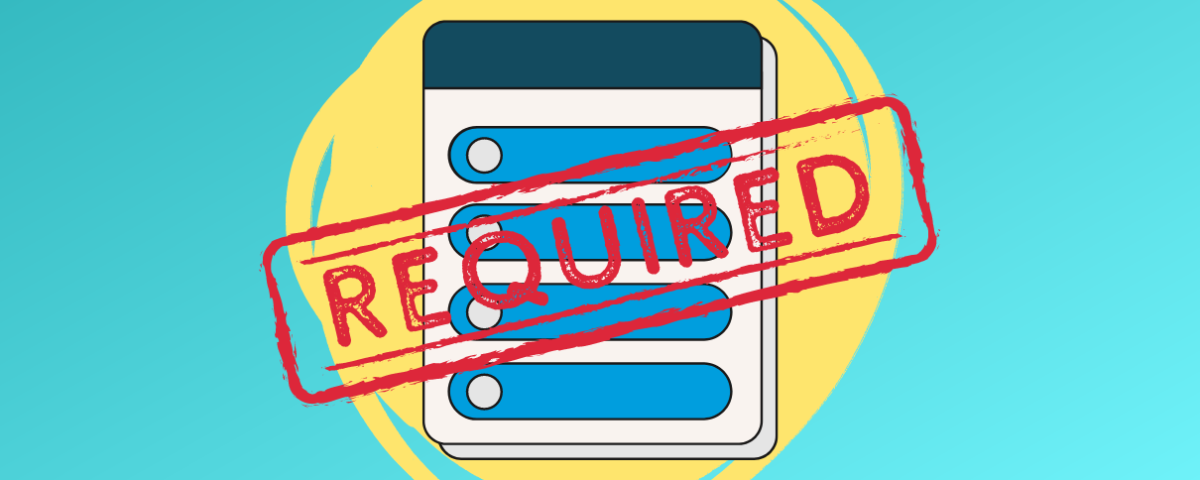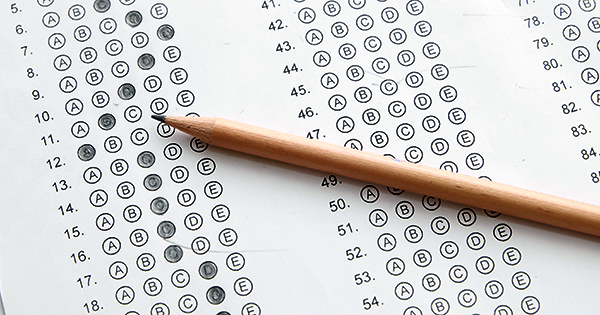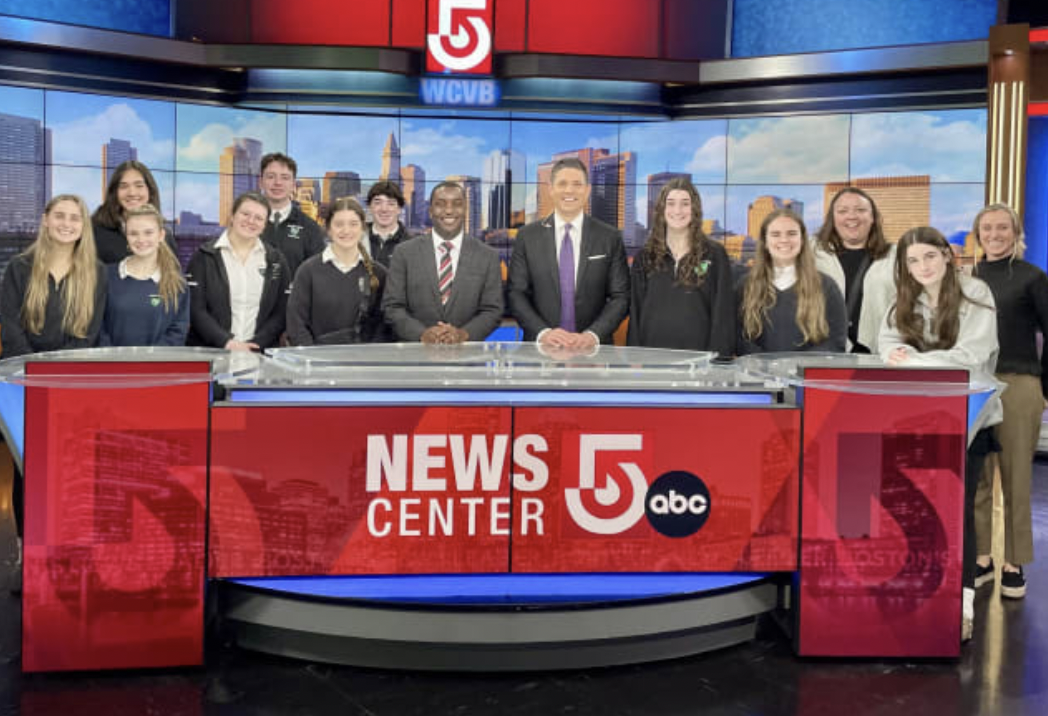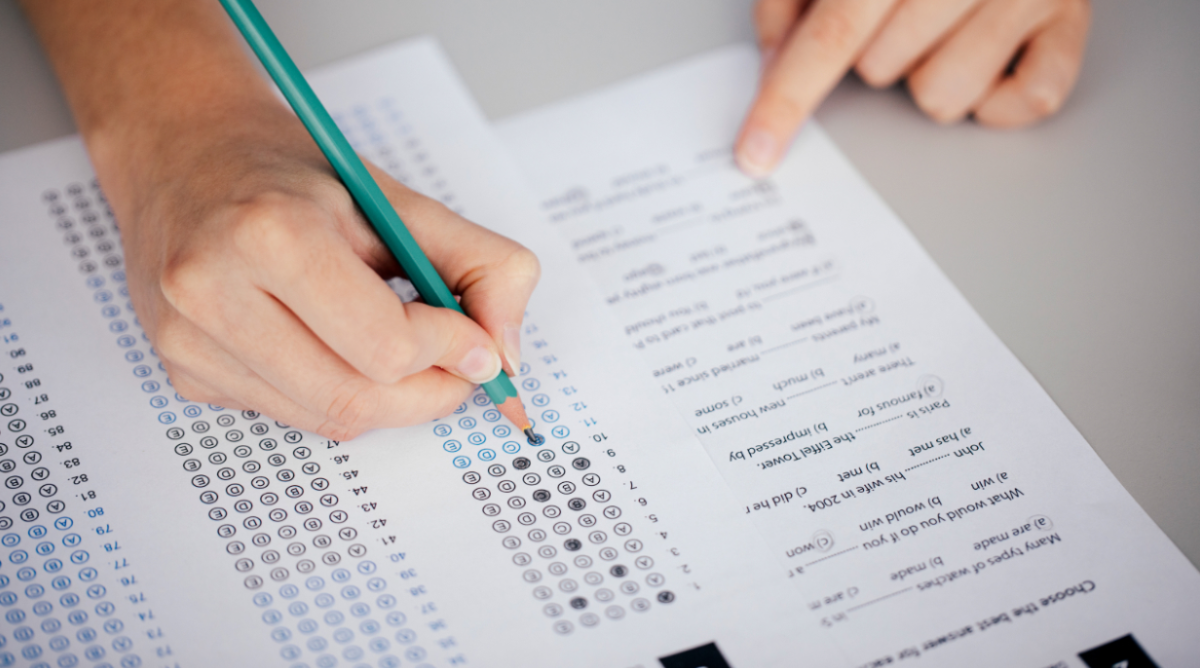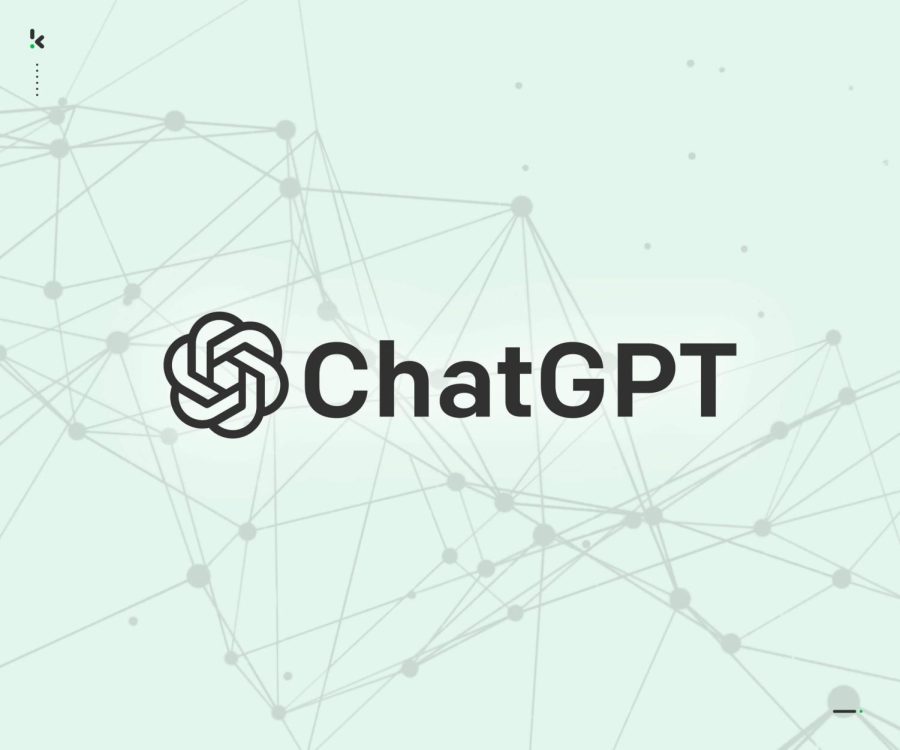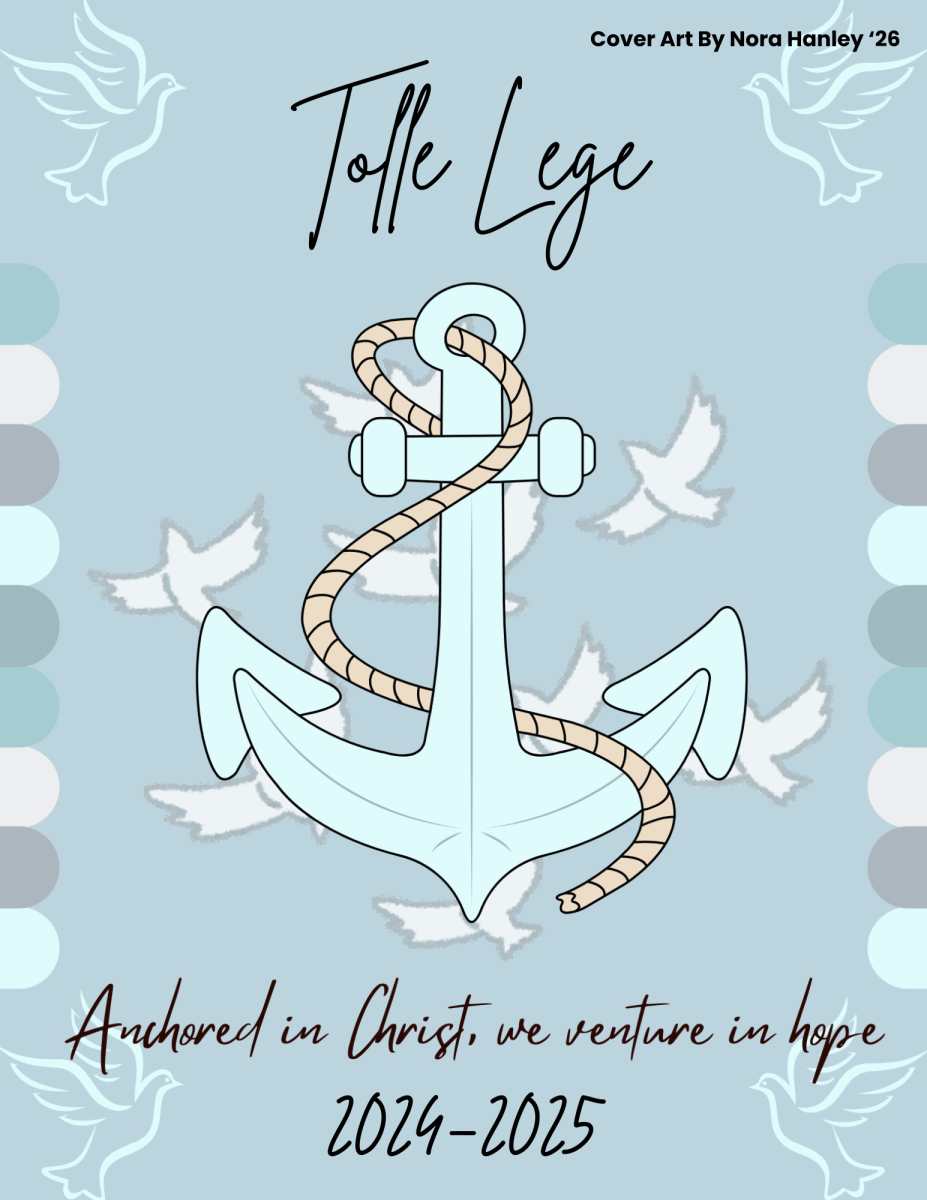ChatGPT’s Role in Education
March 27, 2023
ChatGPT is a natural language processing tool that allows the user to have human-like interaction with the technology, including having conversations with it and asking it questions or explaining a topic. The Chatbot part of the technology is a computer program designed to simulate conversation with human users, which has been coming of age in the tech world since the 1990s. However, the GPT part of it is what makes the AI unique in its ability to simulate human responses to any given prompt. GPT stands for generative pre-trained transformer, which is a machine-learning model that uses unsupervised and supervised learning techniques to understand and generate human-like language. Essentially, the GPT part of the technology is what has stirred much interest and controversy in the new technology, as it is what enables the chatbot to simulate such realistic responses. Interestingly, during its earlier stages, the chatbot learns ‘naturally’, similar to how a person might learn in a new environment. All of these factors contribute to the chatbot’s ability to uncannily mimic human responses, but they also contribute to why the technology has become such a matter of contention.
Specifically, in academia, the use of ChatGPT has been highly debated in both public schools and scientific articles. While its use has been banned on all New York City public school computers, it was recently cited as a co-author on more than one scientific article. While some argue that the AI tool will bring about the death of academia, others claim it can be used as a tool and will allow humans to push beyond our limited understanding, which can become a problem in academic spaces.
When asked how it could be used to improve research in scholarship in academia, ChatGPT responded saying it had the ability to summarize relevant papers to the topic and even could write rough drafts of research papers. The main purpose of these capabilities would be to save the researcher time and effort, allowing them to focus on the more creative and analytical aspects of their work. Some experts argue that we should work to embrace ChatGPT in academic spaces, even in high schools. Contrary to New York’s recent banning, educators have pointed out that the schools that have banned it on computers are still seeing its usage, as the AI tool can be accessed from a cell phone as well as most other mobile devices. And while software to detect the use of ChatGPT is currently being developed, it has not yet proved reliable. Tools like GPTZero have claimed to be able to detect AI-generated writing, but are not reliably accurate and can be easily fooled by students who are willing to take a few extra steps to not get caught. Instead, many teachers have argued for its wide array of potentially beneficial uses in the classroom. The AI technology can be used to create essay outlines, write personalized lesson plans for individual students, generate ideas for classroom activities, and tutoring, and can even serve as a debate sparring partner. These possible uses could provide solutions to many classroom problems that would otherwise require major funding or the use of resources.
Alternatively, many argue that the downfalls of ChatGPT vastly outweigh the potential benefits. In an article for the Atlantic, one high school teacher wrote about his apprehension towards the new technology, pointing out that students may no longer have to develop basic writing skills, such as writing a cover letter, or college essays; ChatGPT can do all of these things for you with surprising accuracy. ChatGPT has the ability to provide students with an outline of ideas that they no longer have to generate on their own, students will not have to go through the time-consuming task of learning how to write complex sentences; indeed, why would they? If you can plug in a couple of bullet points with a main idea and ask ChatGPT to write an essay about it, the AI will probably do a better job than the student would have after a week of writing and revising. This is an understandably discouraging idea for most students as well as officials in higher education. After all, what will happen if students do not build the base of critical thinking skills that are needed to analyze the world around them?
The question still remains, what happens when a computer is able to masterfully do the basics for us? Does that give students an opportunity to truly analyze their text, or turn in the subpar AI essay that would have taken them hours to write themselves? Is Chat GPT comparable to the calculator, something that takes out the step-by-step process to allow for greater depth of the subject, or a piano player, something that takes away all aspects of human emotion for the sake of convenience?
